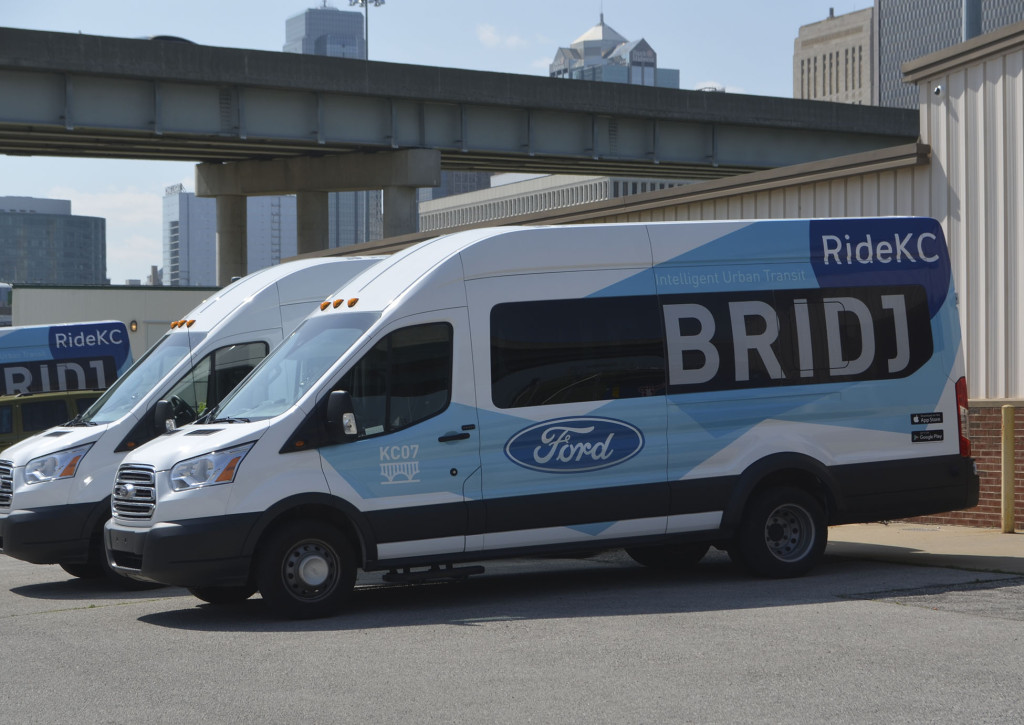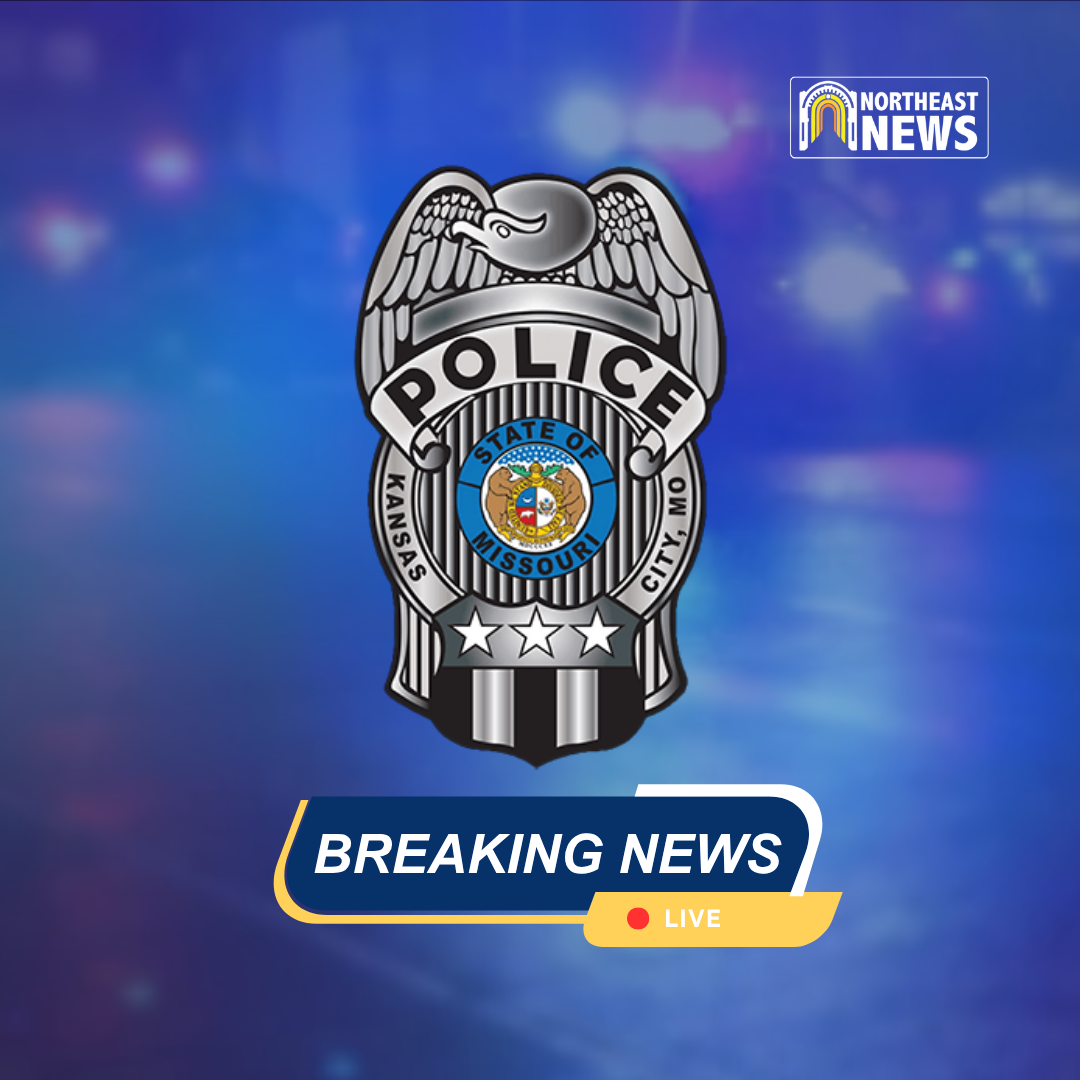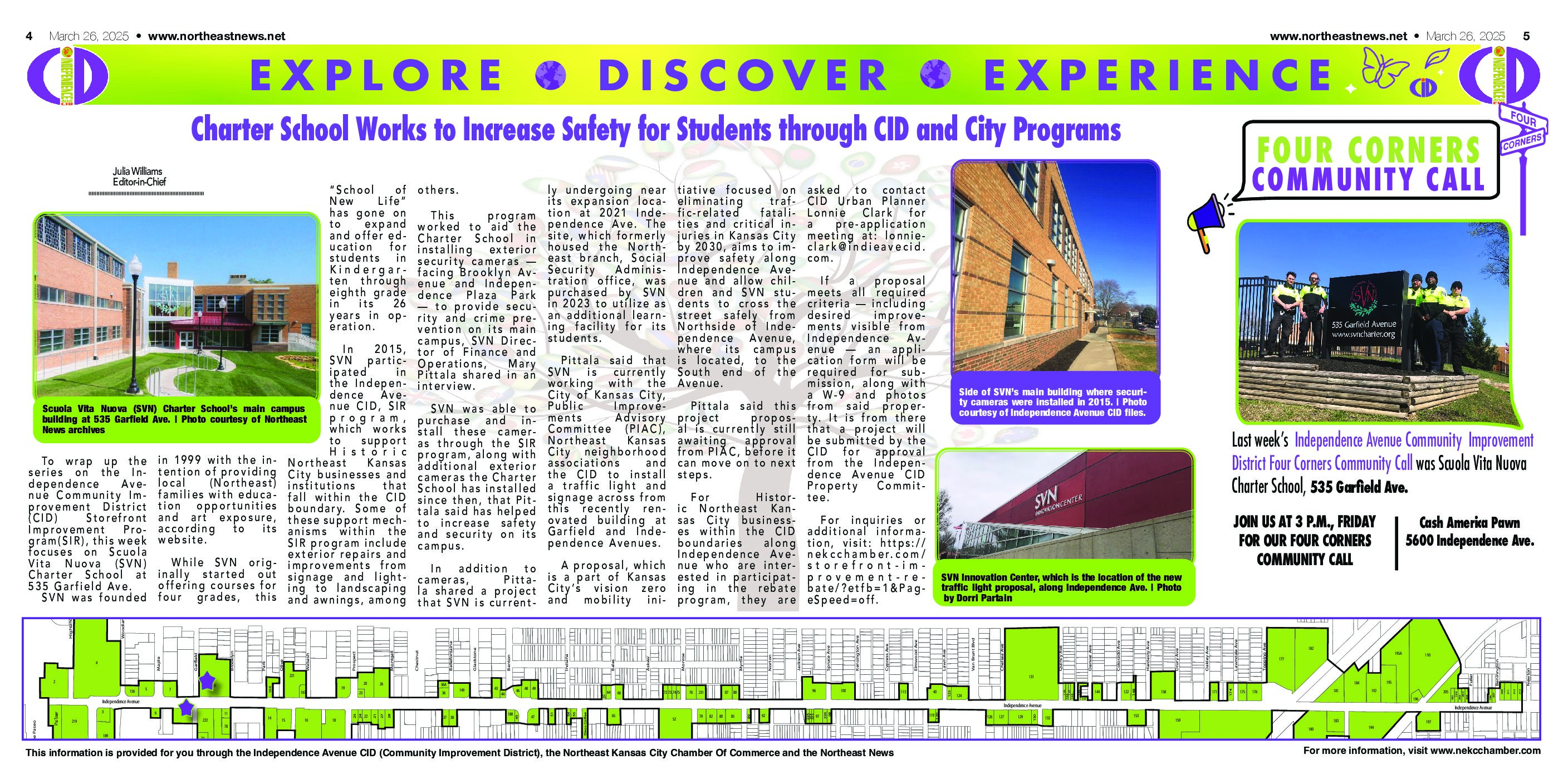Northeast News
May 13, 2016
KANSAS CITY, Missouri – There’s a new way to bridge the transportation gap in Kansas City, proving it isn’t just about the 2.2-mile downtown streetcar line.
The Kansas City Area Transportation Authority (KCATA) launched a ride-sharing pilot program in March of 2016 called Bridj. The partnership with the Boston-based mobile app utilizes a fleet of shuttles to provide a new, faster method to ride public transportation. Riders drop location pins in the app to signal where they are and where they want to go, and then the program creates convenient pick-up and drop-off locations based on the needs of all passengers sharing the ride.
“It’s our micro transit on-demand program,” KCATA president and CEO Robbie Makinen told the KCMO City Council’s Transportation and Infrastructure Committee on Thursday, May 12. “It’s going really well. We’ve had 2,300 people drop pins on that app.”
When the KC Streetcar launched on Friday, May 6, throngs of people gathered in the Crossroads District to get a look at the new transportation offering. Those who were paying attention, though, might have noticed the fleet of Bridj vehicles intermittently dropping groups off in the district. Makinen told the Transportation and Infrastructure Committee that the program facilitated 65 rides to the area during the festivities.
“You don’t catch the bus, the bus catches you,” said Makinen of the pilot program. “The exciting part for me is what that can turn into.”
The Bridj mobile app can be downloaded free of charge at Google Play or the App Store. Like with traditional public transportation with the KCATA, there is a $1.50 fee for each ride during the pilot program. Makinen envisions Bridj serving as a key connector to other public transportation options like the MAX lines, bicycle-sharing stations, and yes, even the KC Streetcar.
“As a transit authority, we have to be able to help connect the dots. We have to be a tool in your tool box,” said Makinen. “What we want to do now is to be proactive, not reactive.”
Part of that proactivity will mean an expansion of Bridj services, which Makinen expects to happen over the course of the next year. Currently, the service is only available in select portions of the city. The good news for Northeast residents looking to test the app is that the initial pilot program includes service throughout the area: as far as 17th Street to the south; Independence Ave. to the north; and Belmont Ave. to the east. From those locations, riders can travel to the River Market, Crossroads, Union Station, Hospital Hill, and the 18th and Vine District.
According to Cindy Baker, chief communications officer for KCATA, the operating hours for the pilot program are only from 6:30 a.m. until 9:30 a.m., and from 3:30 p.m. to 6:30 p.m. At least for now, the target market is workers looking for a quicker way to commute.
“Right now, it’s pretty targeted. It’s traditional work trips; so you’ve got to find the people who have regular hours,” said Baker. “We’ve gotten a ton of national interest. I think the entire country is waiting to see what happens with our Kansas City pilot.”
6th District Councilman and Transportation and Infrastructure Committee Vice Chair Kevin McManus expressed enthusiasm for the Bridj program, noting that his constituents could definitely benefit from its expansion, even if they don’t know it yet.
“I’d love to see it expanded out further south, because I do think there is a demand there that is latent,” said McManus.




















